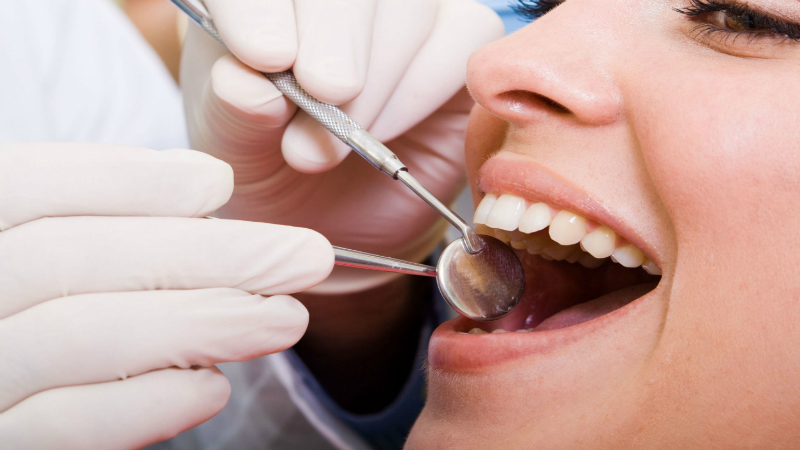To simplify things, a dental implant is an artificial root that replaces an extracted tooth root. Dental implantation is the process of replacing the most modern tooth that will cause the least damage to other teeth. The goal of a Cosmetic Dentist in Knoxville, TN is to provide complete recovery by preparing cosmetic tooth replacements, including all its functionality. Once dental implants are inserted into the alveolar bone, different constructions can be performed.
With an implant, you can replace missing teeth. However, in the case of an edentulous jaw, one can prepare a prosthesis fixed by inserting implants over the course of a couple of months. The implant is inserted into the alveolar bone at the base of the jaw. After the recovery period, your dentist will prepare the crown (for aesthetic reasons).
When are implants the right solution?
Implantation can help people from age 18 to 108 years old. The most important condition for implementation is overall good health, good oral hygiene, and proper bone mass. To be sure of these, the dentist will take radiographs. Your clinic will likely recommend implants for the following:
If there are missing teeth, especially if the neighbouring teeth are healthy, and you do not want them removed. In this case, one can make a crown or bridge to fix the implant.
If you do not want to wear a removable prosthesis, a crown or bridge could be attached to the implant.
If there are a couple stable teeth left in the jaw, the dentist can insert some implants in the right places. In fact, he or she can even make a fixed bridge with the help of implants.
In case of an edentulous jaw, several solutions are possible by the insertion of implants. By using two to four implants, stability can be given to a denture.
What materials dental implants made of?
A Cosmetic Dentist in Knoxville, TN uses pure titanium alloy implants. The advantage of using this material is that it does not adversely affect the surrounding tissue, and its surface does not change in response to external effects. This means that it will not corrode. Titanium is accepted by the body, and currently, no intolerance reaction is known.

